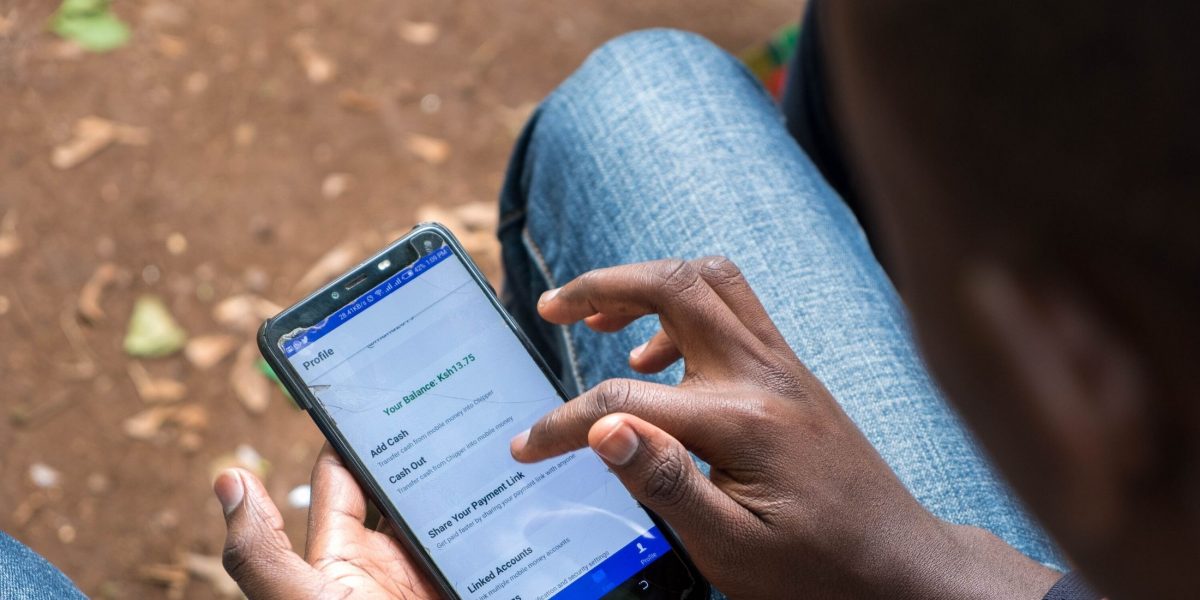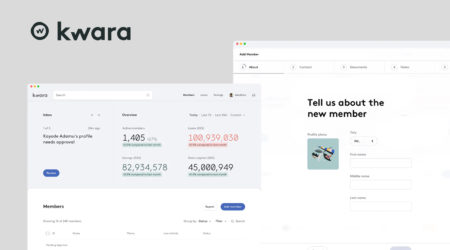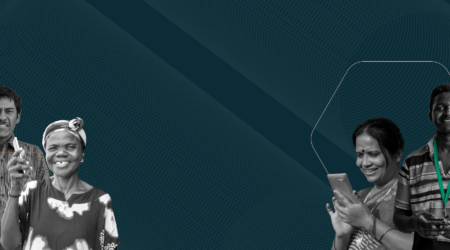The role of fintech innovation in remittances amid COVID-19

The role of digital remittances amid COVID-19 financial crisis: UK Fintech Week webinar key takeaways
The impact of the coronavirus pandemic on vulnerable populations is already significant. A recent dipstick survey launched by BFA Global looked at vulnerable populations across eight global markets and found that between 30-80% of those surveyed foresee significant adverse effects on their financial well-being as a result of COVID-19 and its associated social distancing requirements.
In this context, the need for reliable digital solutions – particularly when it comes to financial services – has become paramount. Specifically for those who rely on remittances from overseas, the ability to access these funds during times of crisis can make a world of difference. Fintech companies in the digital remittances space have a unique role to play in enabling financial resilience for the underserved and ensuring cross-border transactions remain not only possible, but reliable, during times of increasing uncertainty.
Innovate Finance is hosting its annual UK Fintech Week virtually, from April 14th – May 1st. In a session last Friday, Catalyst Fund Director Maelis Carraro hosted a fireside chat with Adriana Marques, Managing Partner, Europe and Global Network at WorldRemit, and Alicia Levine, COO at Chipper Cash. With over 180 attendees, we had participants from fintech founders to investors and market facilitators join us from around the world.
Marques and Levine shed light on the digital remittances sector, the role it has to play for the underserved during COVID-19, and how the post-COVID world might look for financial services. Below we capture some key takeaways from our conversation.
1. Digital remittances are playing a pivotal role for underserved communities during COVID-19
“At a micro level, if something goes wrong, our customers need things resolved urgently. People are literally sending funds for medicines, rent, family support, etc. The urgency for customer support shows what an impact digital financial services, including digital remittances, is having on individual lives.” – Alicia Levine
According to the UN, remittances continue to be a lifeline for families of migrant workers. One in nine people globally rely on funds sent home from abroad. According to Marques, remittances account for significantly greater economic contributions in receiving countries than official development aid does – in some places, like Nigeria, this can be up to 7x more.
In addition to supporting families with funds to purchase basic necessities, remittances are used to pay for school and tuition fees, household bills, capital costs for small businesses, payments to business partners, and so on. Particularly amid social distancing and lockdown measures, access to digital remittances services has had a transformational impact on the underserved.
According to Marques, digital remittances providers are enabling an industry that previously consisted of informal courier services operating offline, and making it more secure, faster, more convenient, and trackable to transfer money. These innovators have also enabled the industry to remain operational during global lockdowns.
2. Building – and maintaining – trust with customers is crucial for the uptake of digital transactions
“It’s very different when you buy pizza and the pizza doesn’t arrive on time – versus a situation in which you might have worked all week to send money home, and you need to know that money has arrived safely.” – Adriana Marques
Trust continues to be the single most important driver for customer growth, and word of mouth is the most important way to build trust. Marques noted that for most users, even if they have learned about WorldRemit online and seen their website, very often it is a recommendation from a trusted source that will ultimately give them the confidence to try the service.
However, given COVID-19, both firms have noted a shift in user behavior as the need for and awareness around such services has grown, and people begin to adapt their behavior to new circumstances. For example, there has already been a noticeable change in the method people choose to receive remittances. In some markets, they’ve seen a 100% increase in those opting to receive remittances digitally via mobile money or bank transfers, versus a cash payout, Marques noted.
To rapidly adapt to this new reality, both Chipper Cash and WorldRemit have doubled down on improving the speed and reliability of their platforms, while maintaining a regular flow of communication with their customers. “We have been obsessed about communicating,” Marques said, “Our COVID website page is updated so frequently. We’re constantly feeding what’s happening back to our customers.” The team is also focused on making customers aware if a transaction may be delayed due to a lockdown, in order to set expectations and retain trust.
Similarly, Levine explained how Chipper Cash is working to ensure quick turnaround times to keep building user trust. In a time where digital has become the new reality, Chipper Cash also relies on community feedback and communication to stay in close contact with its users. They also work to ensure customer support is available at all times to maintain trust and ensure a smooth experience.
3. New and unexpected partnerships across players and industries are forming out of necessity during the COVID-19 crisis
“This moment is really one in which different industries and players within one industry realize they need each other to survive” – Alicia Levine
Forbes notes fintech companies can be the answer to jumpstarting the economy in the face of COVID-19. Even within Catalyst Fund’s own portfolio, several early-stage fintech companies have rapidly pivoted their own financial delivery models to adapt to the effects of nationwide lockdowns. From innovations in insurtech, e-commerce and marketplaces, to financing for small businesses and digital infrastructure, innovators are battling the pandemic from the frontlines.
While governments have traditionally relied on bigger banks and mainstream financial institutions to disburse loans, they are now backing fintech companies that are already adept at lending digitally and relatively painlessly, and are able to reach underserved populations in ways banks cannot. Marques noted that in Zimbabwe, international remittance service providers were initially excluded from the list of essential services during lockdown policy. However, the WorldRemit team advised the Central Bank of Zimbabwe on a directive to include international remittance providers as part of an amended policy, which enabled these services to continue.
However, this has not necessarily been the case across the board. Levine noted that right now is the opportunity for governments and regulators to move quickly to allow fintech companies and digital financial service providers to have a clearer path in places where there continue to be hurdles and barriers. She explains that there has been a global trend of unexpected partnerships, among corporates, startups and governments, between and within industries, that were birthed out of necessity in the face of the crisis.
* * *
Early data already suggests a sharp increase in the use of fintech apps and digital financial services since the pandemic hit. Looking ahead to the post-COVID reality, both Marques and Levine were confident that the upward trend in digital adoption would continue. Marques noted that while some might revert to old habits when the crisis ends, we will continue to see movement toward a cashless society and further adoption of digital financial services, following the precedent set by other initiatives that have become widespread, like chip and pin.
“Many experts predict this will bring the end of cash,” she said. “There are so many initiatives around the world to move toward a cashless society that it is inevitable – it’s just a matter of speed. The condition we’re living in globally will accelerate this adoption. And WorldRemit is right in the middle with our value proposition.”


